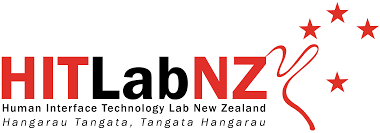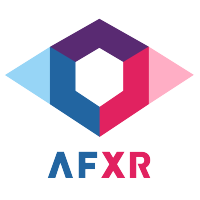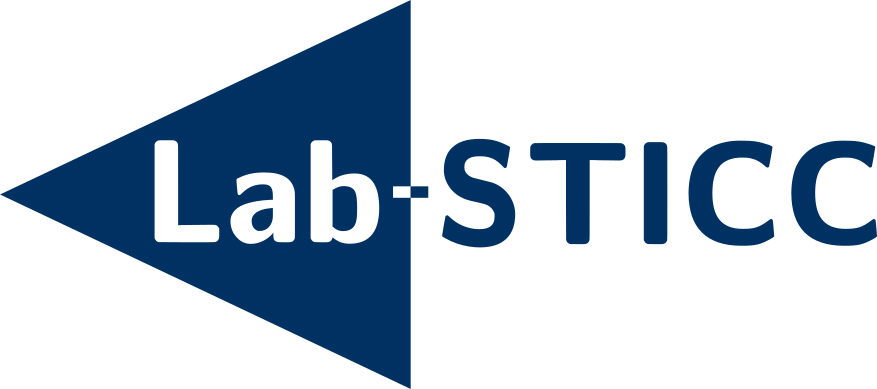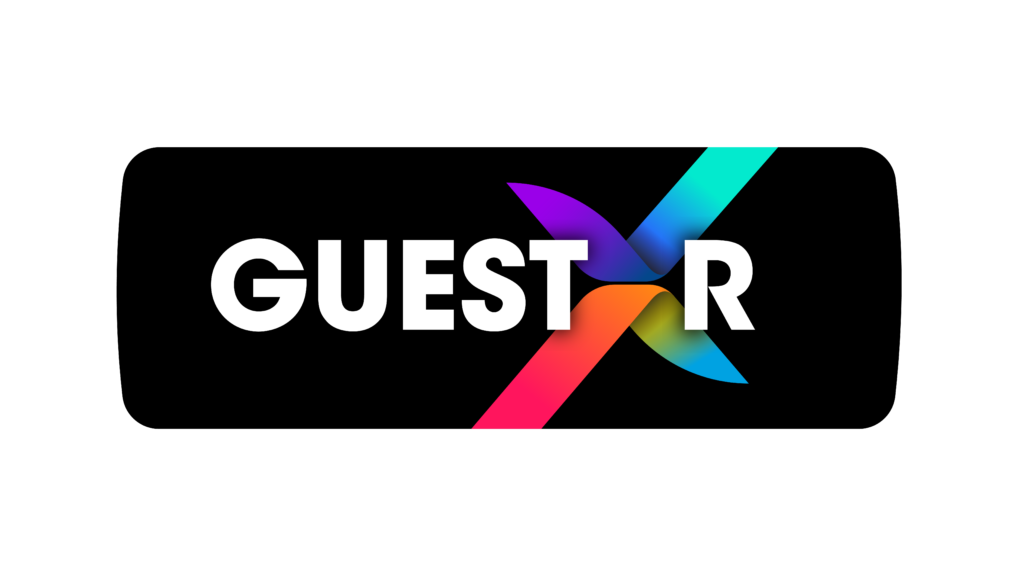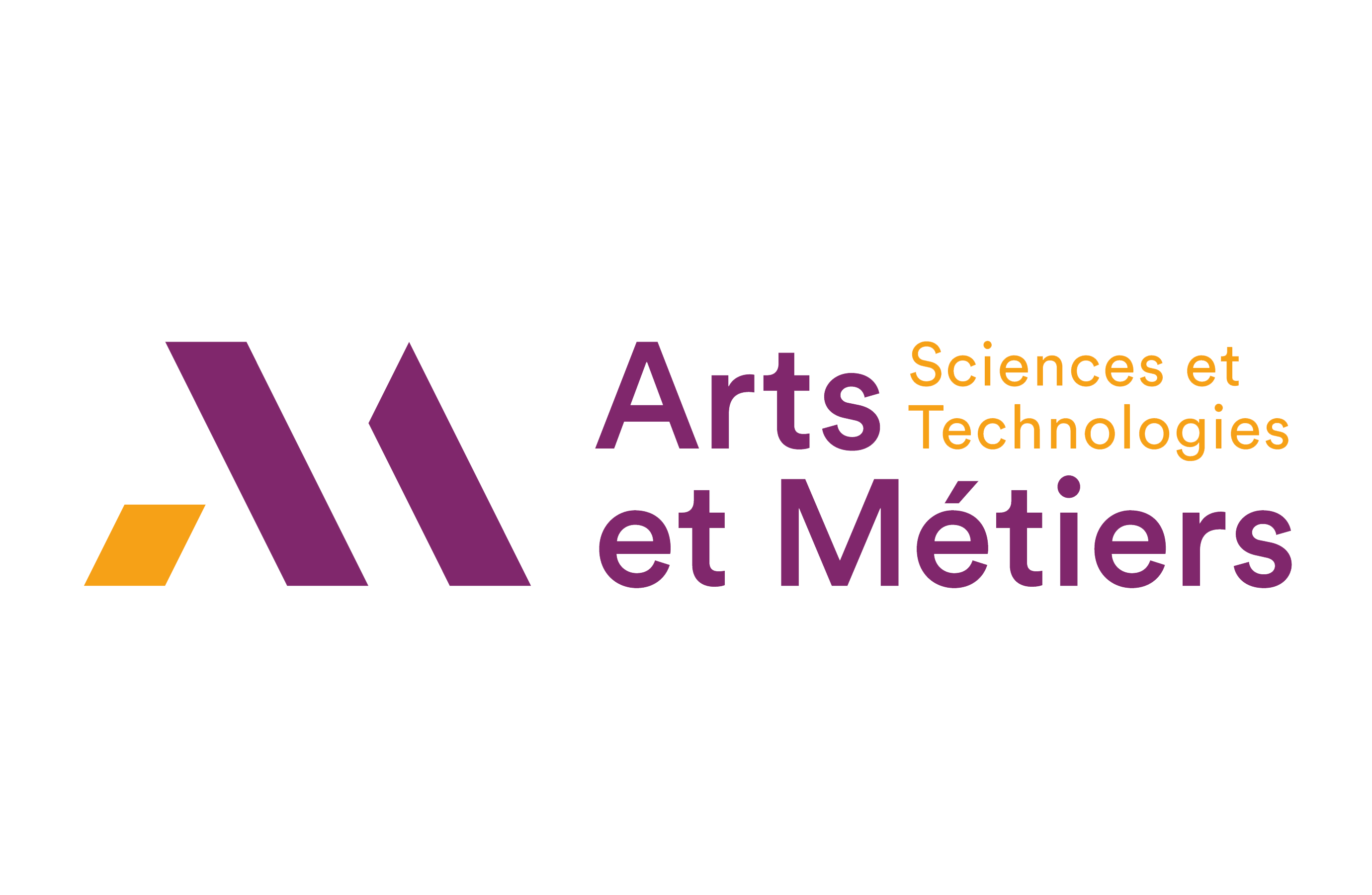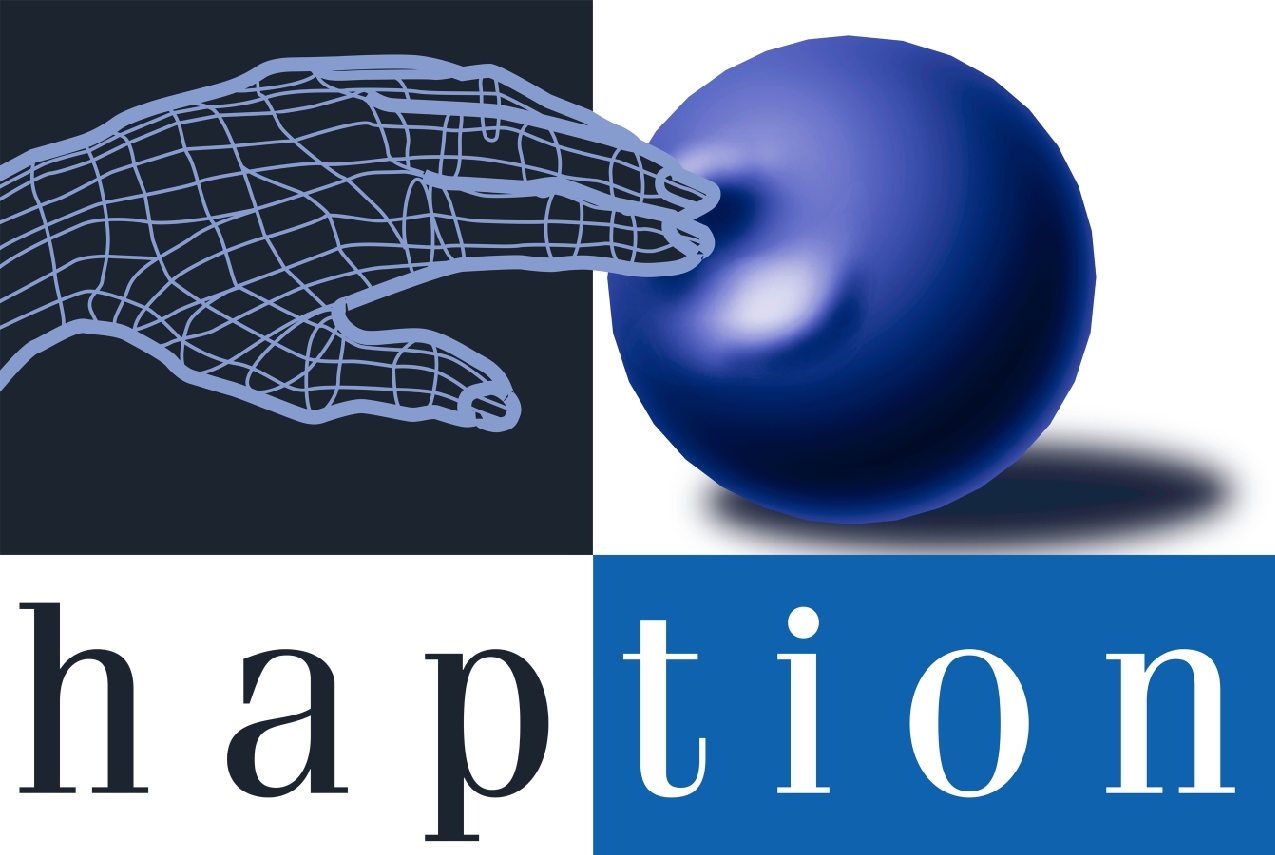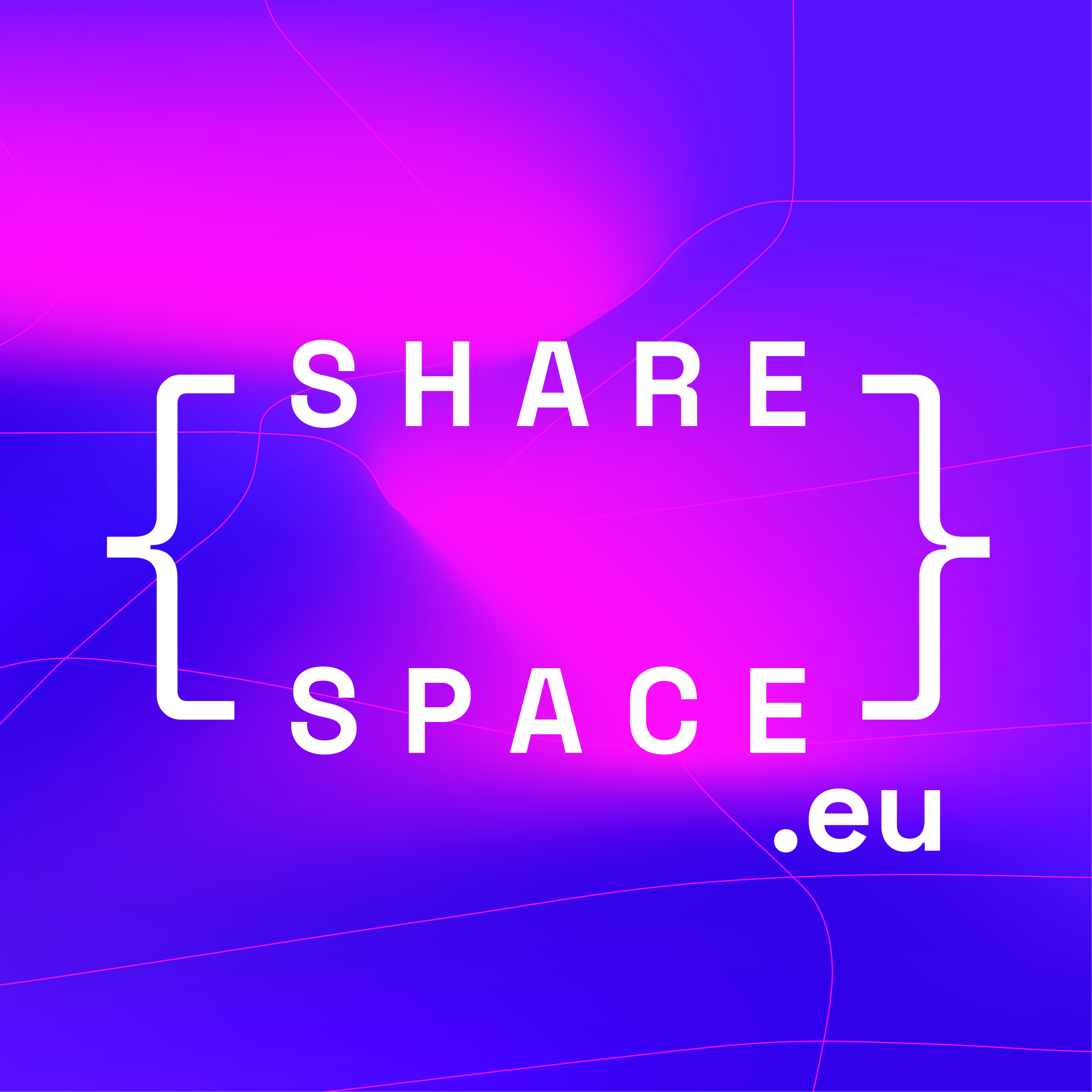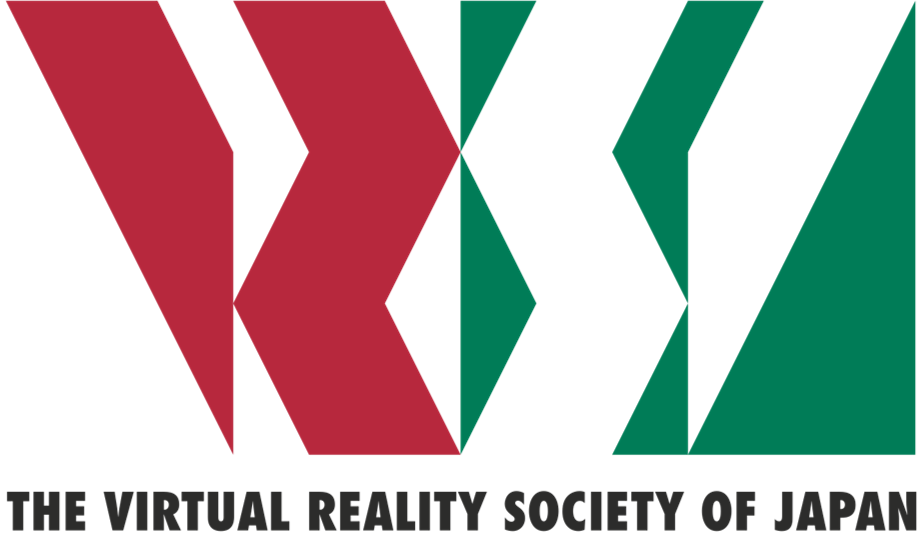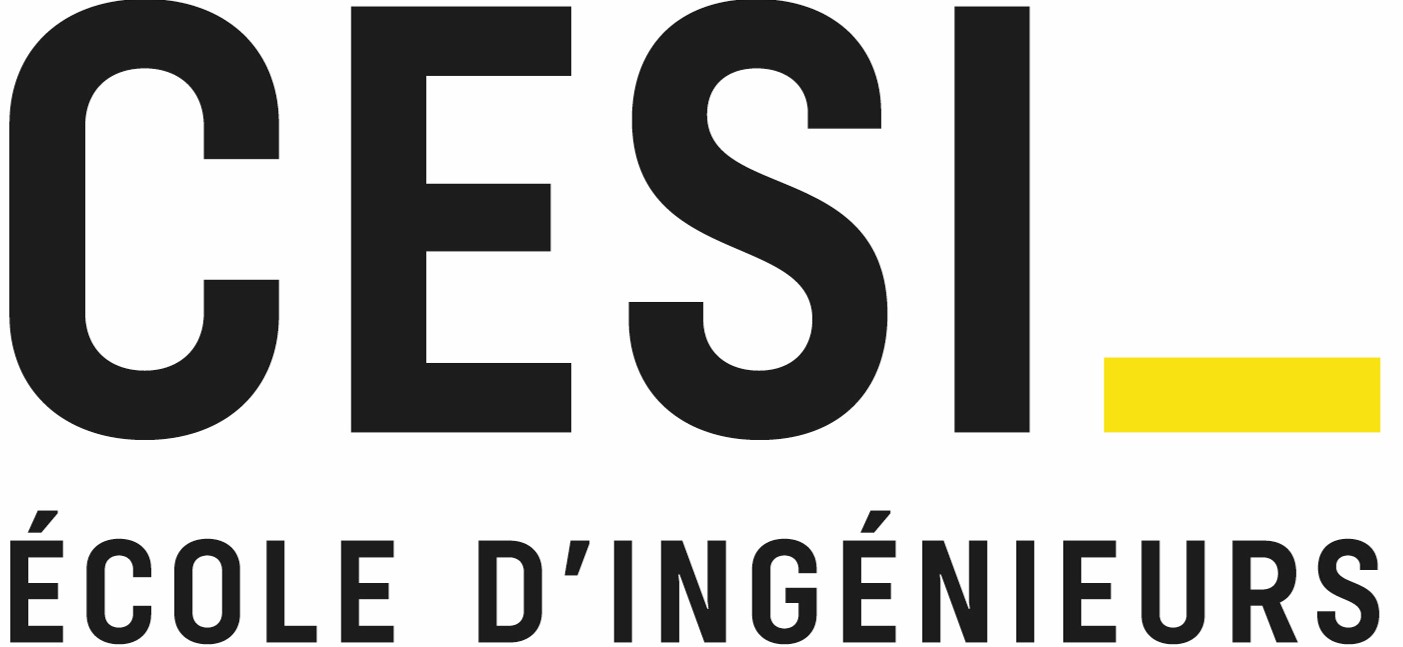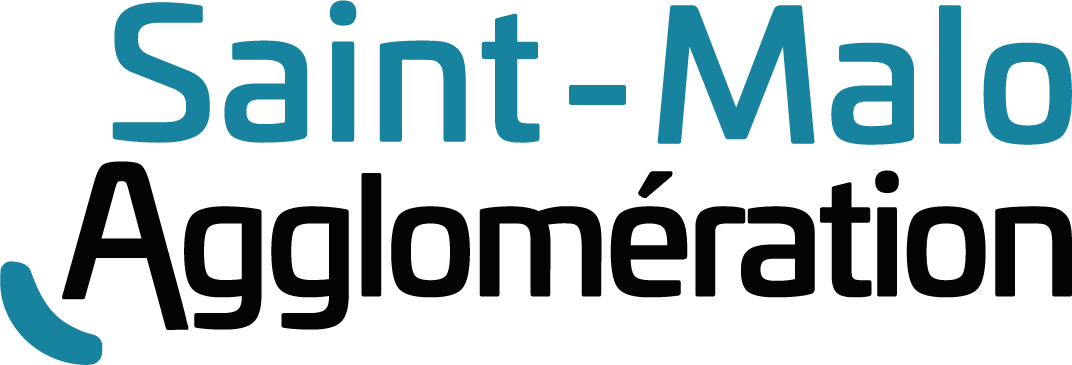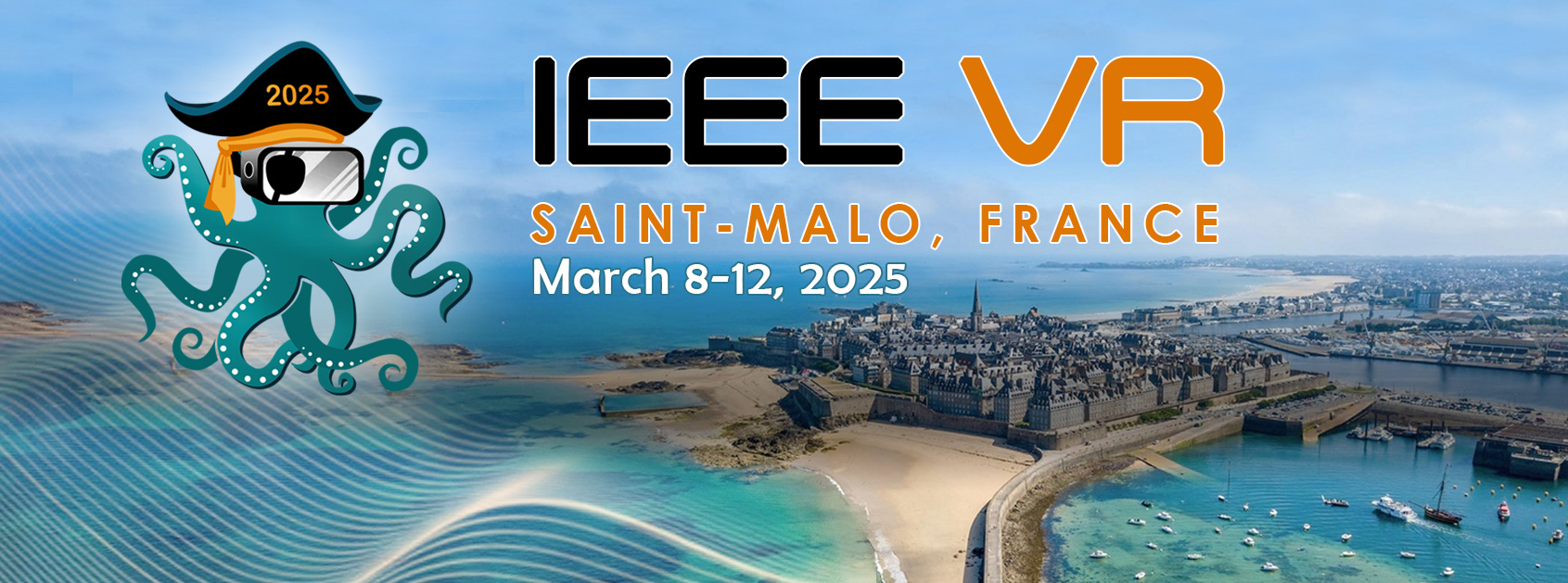
Call for 3DUI Contest Entries
IEEE VR 2025: The 32nd IEEE Conference on Virtual Reality and 3D User Interfaces
March 8-12, 2025 | Saint-Malo, France
Submissions can be made through the Online System: https://new.precisionconference.com/vr.
Important Dates - All deadlines are Anywhere on Earth (AoE)
January 13, 2025: Submission of two-page abstract and videoJanuary 21, 2025: Notification of which entries are acceptedJanuary 28, 2025: Camera-ready version
Overview
This year, the IEEE VR conference will host the 16th annual 3DUI Contest. It is open to anyone interested in 3D User Interfaces (3DUIs) and Virtual Reality, from researchers to students, enthusiasts, and professionals. The purpose of the contest is to stimulate innovative and creative solutions to challenging 3DUI problems. The topic of this year is “United for Planet Earth: Promoting Environmental Sustainability in Collaborative Virtual Environments”. Given the increasing importance of an ecologically friendly lifestyle, collaborative virtual environments provide a promising meeting platform to simulate real-world encounters without the need for physical travel. What’s more, meeting in an immersive 3D space offers a large variety of novel opportunities to educate oneself, teach each other, and explore the complex relationships that altogether affect today’s and tomorrow’s climate. This year’s 3DUI contest asks participants to suggest novel forms of teaching, understanding, and/or promoting environmental sustainability collaboratively as a team in Extended Reality (VR/AR/MR/XR). Participants are asked to propose a 3DUI project in which at least two collaborators can work on an environmental issue together.
Submissions will be evaluated through the following criteria:
- Efficiency and convenience of user operations
- Complexity of collaborative interaction
- Novelty of the 3DUI design
- Enjoyment and engagement (fun)
Selected contestants will be required to provide a software demonstration of their solutions at the conference.
Eligibility
The 3DUI Contest is open to anyone interested in 3DUIs — researchers, students, hobbyists, professionals, or anyone else. Requirements for the selection and presentation are specified below.
Rules
The submitted solutions should fulfill the following rules to be considered for acceptance and presentation during IEEE VR 2025:
- Submissions should present a collaborative 3DUI solution, which …:
- … covers the topics of “United for Planet Earth: Promoting Environmental Sustainability in Collaborative Virtual Environments”.
- … describes which 3DUI techniques have been created and/or extended.
- … is documented with a video (between 3 and 5 minutes) as well as a standalone executable.
- The developed 3DUI should ...
- … be innovative and technically sound,
- … provide high usability.
- … be aesthetically pleasing. and
- … be enjoyable and thought-provoking.
Teams
Teams of up to ten people may submit solutions.
Paper
Teams must submit a short paper of two pages, including a description of the solution, details about the software developed, a brief description of the closest related work and how the system is novel, and a description of how they iterated upon the design. If the submission is accepted, this paper will be included in the IEEE VR Conference proceedings as a two-page extended abstract describing the contest solution. Therefore, it must be formatted using the IEEE Computer Society format as specified for VR conference papers.
Video
Teams will also submit a video that presents the solution to the public, including an explanation of the equipment, software, and interaction techniques used to solve the problem. If the submission is accepted, the video will be made publicly available. Videos should have a length of between 3 and 5 minutes and should include the title along with the names and affiliations of the contestants. The submitted file should be a high-quality compressed video with a size of no more than 300 MB and submitted directly via the submission system or via a link to an unlisted video on an online platform like YouTube.
On-Site Demonstration
If the submission is accepted, authors will participate in a demo session at the conference, where they will showcase their work to the IEEE VR community. The winner of the contest will be determined at IEEE VR, for which various judges from the community will try out and rate the presented 3DUIs. The judging criteria are novelty, usability, fun, and the relevance of the topic. Furthermore, we will offer an on-site voting platform for all conference attendees. The final score will be the combination of the expert judges’ scores and the audience scores. Please note that at least one author of each accepted work should be registered for the conference and present on-site during the dedicated 3DUI sessions.
Abstract and Video Submission - due January 13, 2025
Teams should submit their abstract paper and a high-quality video through the online submission system: https://new.precisionconference.com/vr
Submissions must be in English and must be prepared in the IEEE Computer Society VGTC format (https://tc.computer.org/vgtc/publications/conference/) and submitted as PDF. We highly encourage authors to use the LaTeX template (https://www.cspaul.com/vgtc/vgtc_conference_latex.zip). Authors who choose to use the Word template need to ensure that their PDF submission matches the format.
Contacts
Feel free to contact us if you have any further questions. Call updates will be posted on this webpage.
3DUI Contest Chairs:
- Jean-Rémy Chardonnet, Arts et Metiers Institute of Technology, France
- Manuela Chessa, University of Genoa, Italy
- Jean-Marie Normand, Ecole Centrale de Nantes, France
- Tim Weissker, RWTH Aachen University, Germany










